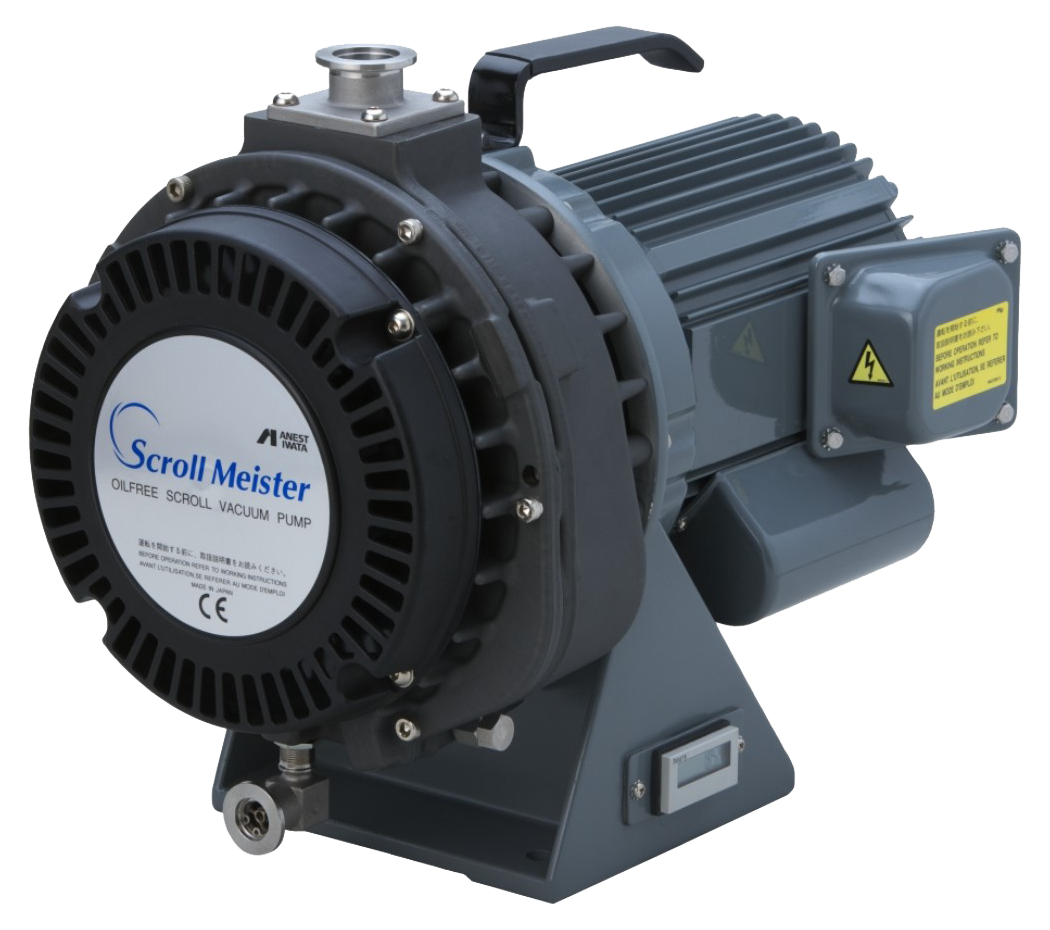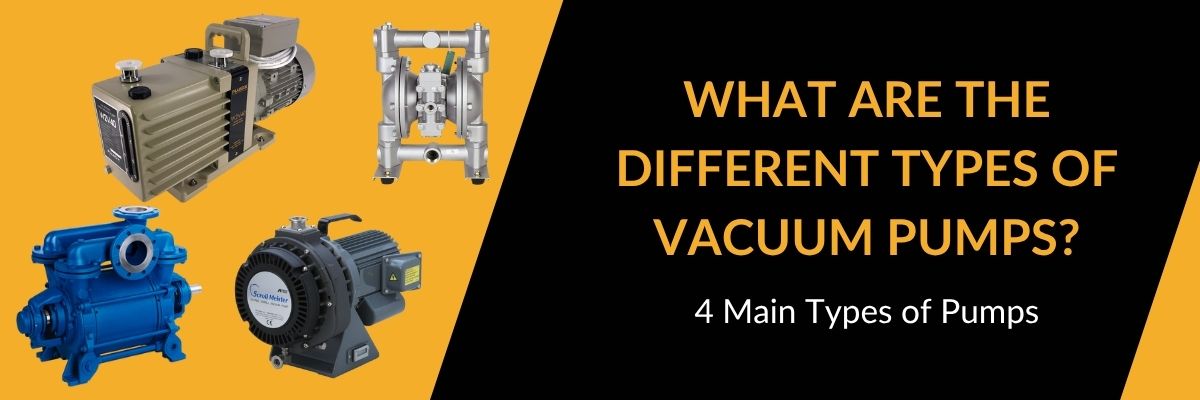
There are several types of vacuum pump options to choose depending on your application. Vacuum pumps offer varying displacement capacities and ultimate vacuum levels. Below we list the four main types of vacuum pumps.
Rotary Vane
Traditional rotary vane vacuum pumps provide high-performance at a low cost. They are typically smaller, compact and can be used for a wide variety of applications when compared to other options. Rotary vane pumps require oil to ensure an airtight seal, efficient lubrication of the parts and dissipation of heat to cool the rotors. In order to ensure efficient operation of a rotary vane pump regular maintenance is required. The oil must be checked regularly and changes approximately every 3,000 hours of use.
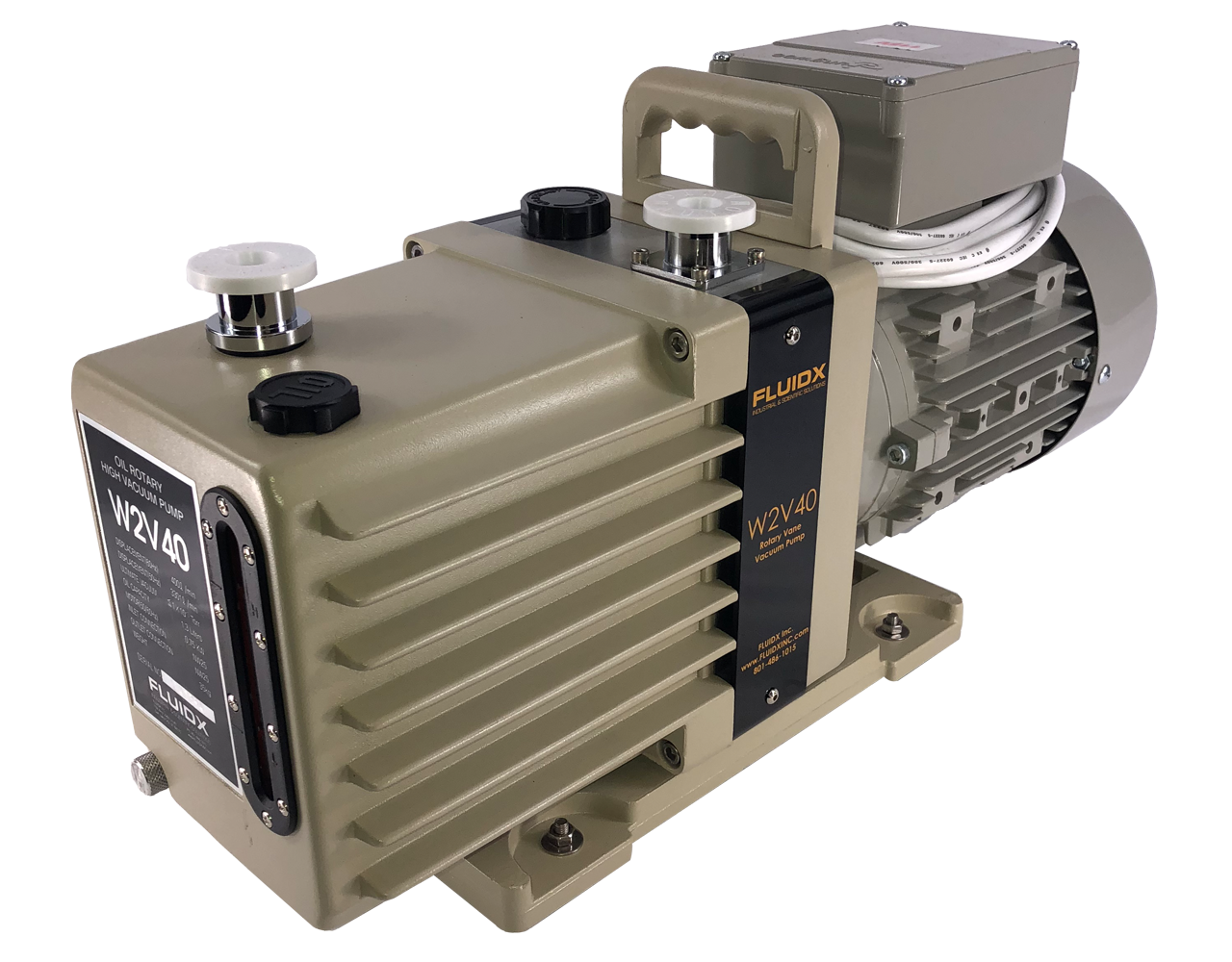
Diaphragm
These pumps are rather expensive but do not require oil and maintenance costs are much lower than rotary vane pumps. Diaphragm pumps are dry and operate using pulsing motions that opens and closes valves to move air. Diaphragm pumps are extremely resistant to corrosion and chemicals, and for this reason they can be used for any type of viscous, acidic and corrosive product. They are commonly used in fields such as the food, cosmetic, and chemical industries. They are also used for rotary evaporation and treatment of volatile compounds. Lastly, they are ideal for continuous operation.
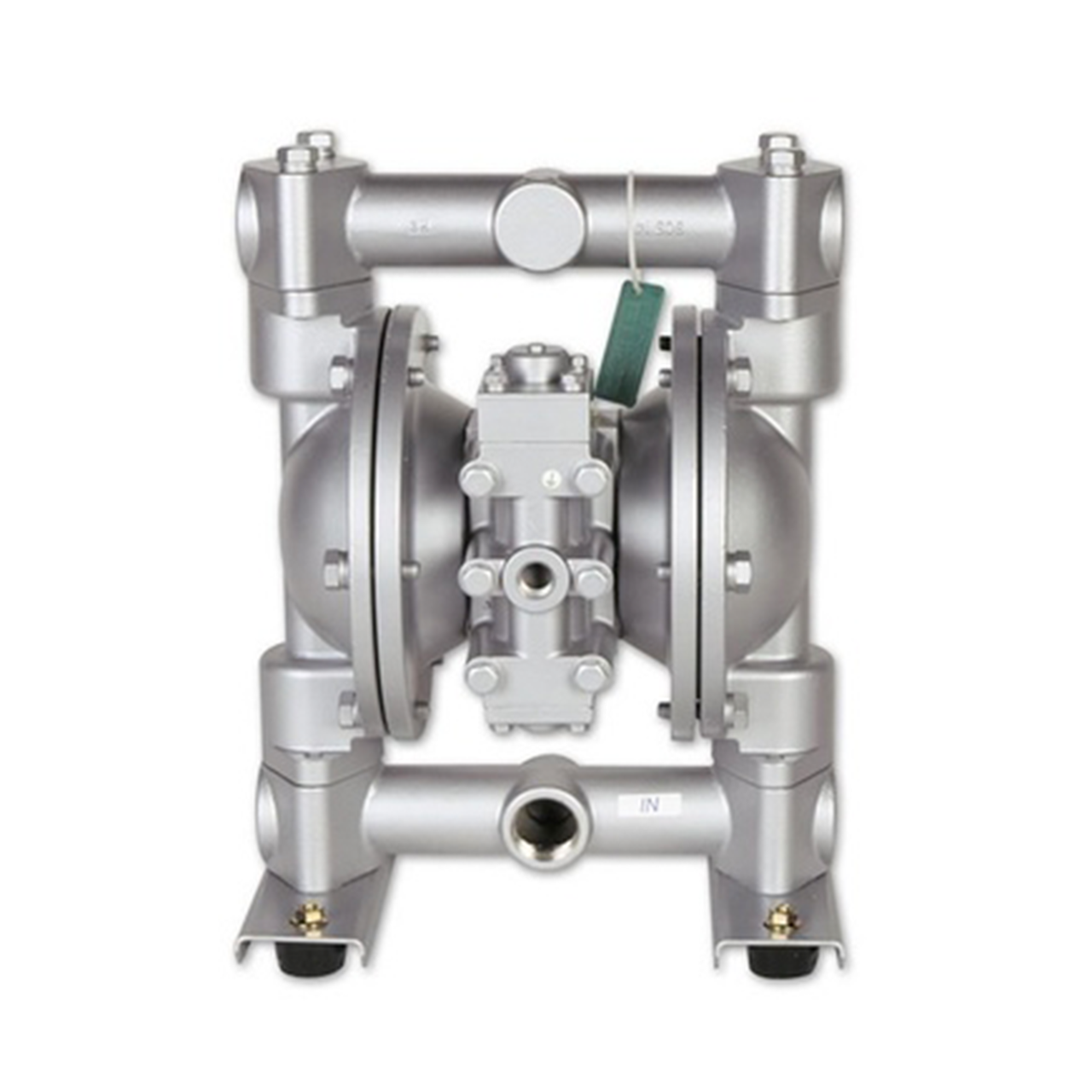
Liquid Ring
This type of pump operates by supplying a liquid that is centrifuged on the pump walls, which results in a liquid ring that maintains the pump's airtightness. Normally they use water as the operating medium. They are commonly used in industries such as power plants, distilleries, petroleum refineries, mines, and much more. These pumps are not sensitive to the passage of liquids, small solid particles or vapors.
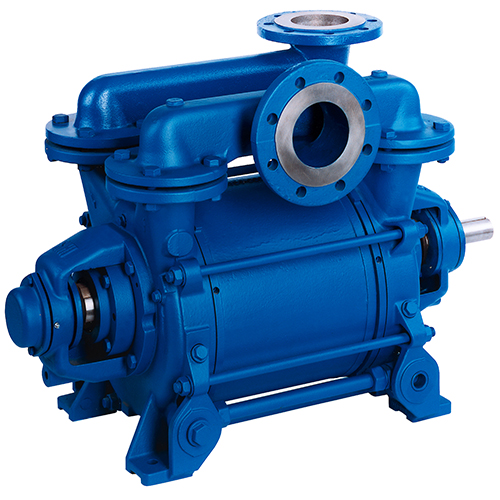
Scroll
These pumps are used for clean and dry vacuum pumping and are typically used in the research fields and in laboratories. Scroll pumps use two spiral-shaped scrolls to pump and compress air and vapors to move them towards the exhaust. They can have higher up-front costs, however the lifetime operation costs are much lower and alternatives because they don't require oil and very little maintenance is needed. Scroll pumps are recommended for freeze drying and they can be used with aqueous and solvent samples including acetonitrile.
